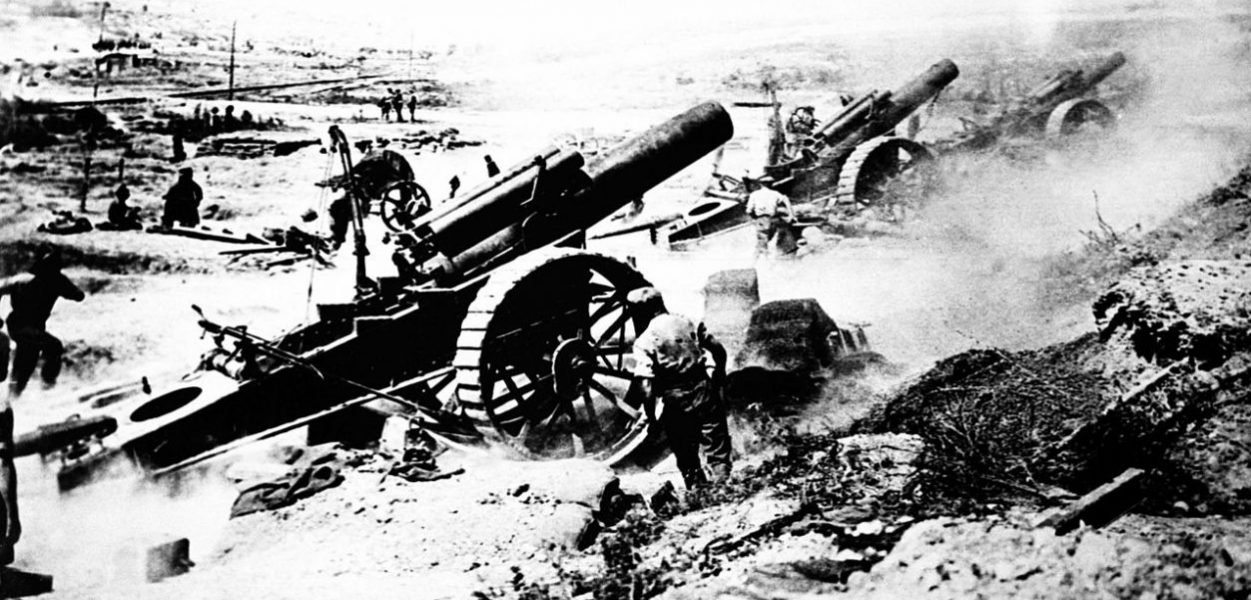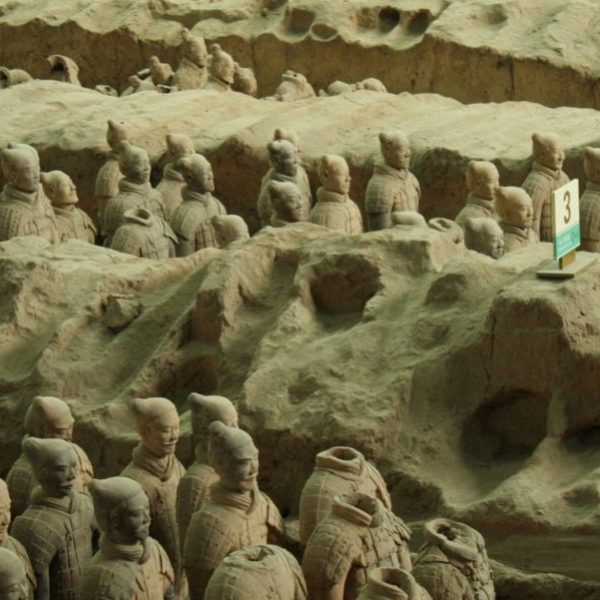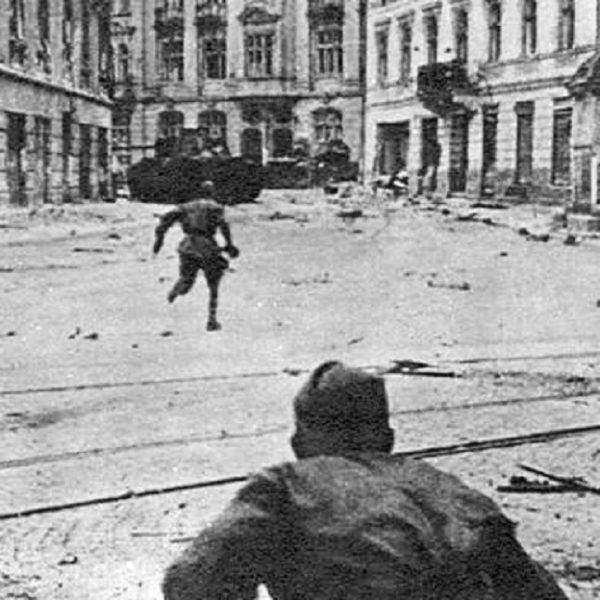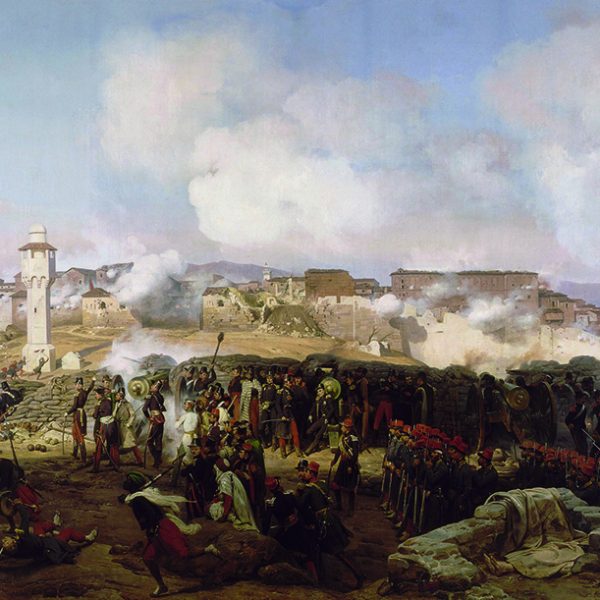Writing Military History
John France—
Not long after the Second World War during which I was born, in about 1947 or 48, I startled my assembled family by saying that I wished the war was still on. The cries of shock which this evoked overwhelmed me, and I persisted no further with this heretical declaration. Yet what I was reacting to was the way all the grown-ups talked about the war, about how exciting they made it sound.
For the truth was that the whole terrible experience had given a meaning and significance to their lives which, in small ways, they revisited on a daily basis, though of course that gradually tailed off until it was barely mentioned by the 1960s.
If the War loomed over my childhood, wars of a much lesser order were its constant punctuation: the Palestine imbroglio, Korea, the Malayan Emergency, Kenya and the Mau Mau, the endless mess in Cyprus, not to mention other people’s wars like the French in Indo-China. And then there was the growing realization that the nuclear balance might not be a balance, dramatized by that fearsome autumn of the missiles in 1962 when we seemed close to annihilation in the Kennedy-Kruschev confrontation.
These events drove many of my contemporaries into rejection of the military, but I was active in politics, a city Councillor for 12 years and a parliamentary candidate for Labour in 1983, and pacifism increasingly seemed to me a mere act of personal piety which abdicated responsibility for the world around. And as I became more and more absorbed in history, and particularly crusading history, the omnipresence of war and the unlikely event of its abolition reinforced that feeling. This was, I felt increasingly, a phenomenon that demanded exploration and understanding.
Crusading warfare drew me into a recognition of worlds of war beyond the narrowly European, and provided opportunities to visit the Middle East which brought me into contact with raw hatred, and at the same time reinforced my growing sense that geography, climate and topography were immensely powerful influences on the development of war.
At the same time ideas about warfare and culture were more and more emerging amongst academics and the military, and while these clearly had something to offer to the student of warfare, it seemed to me that they sprang essentially from specialist focus. If you specialize in a period or area, and most academics do both, you are likely to exaggerate the differences between your subject and others. The cultural approach to war, in short, is as much the product of academic specializations as anything else. Its champions are in danger of the kind of Euro-Centrecism of V.D.Hanson and even of offering that that kind of condescension which P. Porter has called Military Orientalism.
For in my view, beneath the superficial differences in traditional warfare lay commonalities imposed by the environment and the native skills of peoples. Ultimately, in the world before the industrial revolution, there were only two real forms of warfare, those of the steppe and of the settled peoples. The domination of the steppe people in world history was remarkable, long-lasting and almost world-wide until very modern times. It was brought to an end only in the 19th century when the industrialization of Europe and the US created a single global style of war, a veritable military revolution, which eclipsed the old steppe empires.
But my historical interest was always accompanied by a different and more current reoccupation. Since 1945 the peoples of the very advanced rich countries have become very removed from the experience of war, to the extent that they feel exempt from its ravages. But the world since 1945 has been troubled by constant warfare, much of it the result of our power rivalries and fought for our benefit. We forget how deeply hated we are and turn our eyes from the rivalries and tension which afflict our world. Most obviously the competition for scarce resources between nation states will generate tensions and almost certainly violence, while the terrorism of disparate groups seeks to impose their ideas.
In a world of violence many Europeans feel they can simply opt out, renounce the imperial pasts and pretend that a new start can be made by burying our heads in the sand. The US, partly as a result of 9/11, has a much more ready acceptance of the need for armaments and armed forces. But a world which contains a resurgent China, desperately worried about access to resources, and a new Russia driven by an imperial dream, not to mention Iran inspired by the hope of a universal Shi’ite rule, needs military strength. And that strength has to take account of all kinds of warfare; conventional interstate conflict, insurgencies and even cyberwar.
If we do not prepare for all these threats, then we can be sure that, in the words of Clausewitz, ‘Sooner or later someone will come along with a sharp sword and hack off our arms’. And indeed, somebody did in New York on 11 September 2001, in Madrid on 11 March 2004 and London on 7 July 2005.
John France is professor emeritus, Department of History and Classics, Swansea University. He is author of The Crusades and the Expansion of Catholic Christendom, among numerous other books and articles. He lives in Swansea.
Further Reading:





